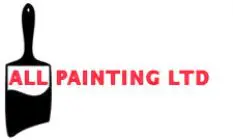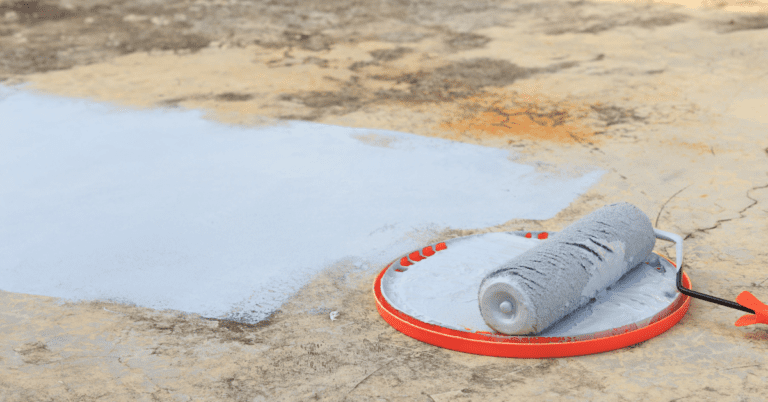If you’re a homeowner looking to protect and enhance the surfaces in your home, you may have come across the terms “epoxy coating” and “epoxy paint.” While they may sound similar, there are important differences between the two. In this article, we will explore the distinctions between epoxy coating and epoxy paint, their advantages, costs, suitable surfaces, preparation requirements, and cleaning methods.
What is the difference between epoxy coating and epoxy paint?
Epoxy coatings and epoxy paints are both products that incorporate epoxy resins, yet they serve different purposes and have distinct properties. An epoxy coating is a two-component system composed of a resin and a hardener. These components are mixed just before application, initiating a chemical reaction that leads to curing. The resulting surface is exceptionally tough and durable, with a high resistance to chemicals, stains, and physical wear. The application of epoxy coatings is a complex process that typically requires professional expertise and equipment.
On the other hand, epoxy paint is more akin to traditional paint with epoxy resin added into its formulation. It’s generally a one-component product, which makes it less durable compared to true epoxy coatings but still more resilient than ordinary paint. Epoxy paint can provide a certain level of resistance to abrasion and chemicals, and its application is straightforward, often making it a suitable option for DIY projects. Unlike epoxy coatings, which undergo a curing process, epoxy paint simply dries after application. While it does not form as robust a surface as epoxy coatings, it offers an enhanced durability over regular paints, making it a practical choice for those needing a balance between performance and ease of application.
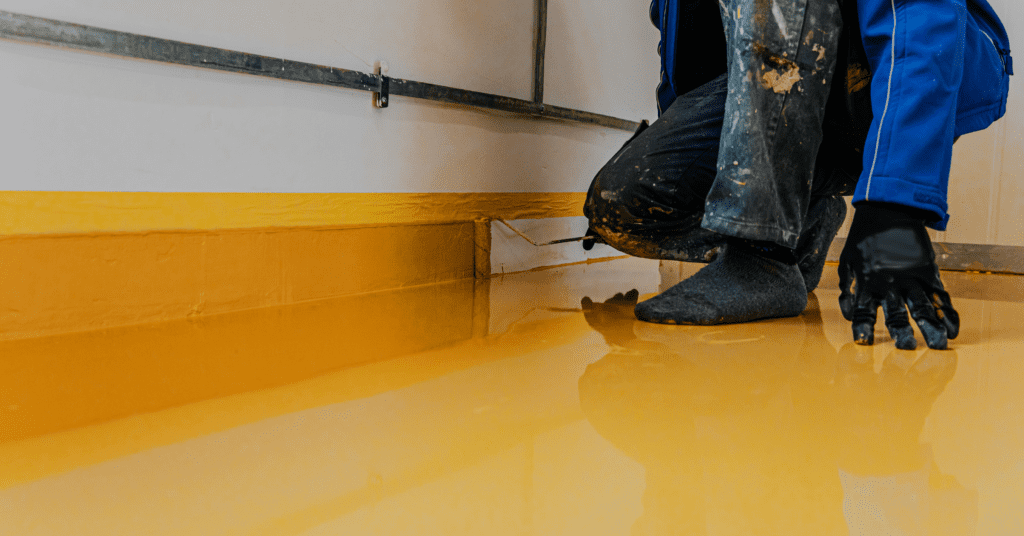
What is the typical cost of epoxy coating compared to epoxy paint?
While the initial cost of epoxy coating may be higher than epoxy paint, it is a more cost-effective and durable investment in the long run. Epoxy coatings have a longer lifespan and require less frequent maintenance or reapplication compared to epoxy paint on a concrete floor. Additionally, the superior protection provided by epoxy coatings can prevent costly repairs and replacements down the line.
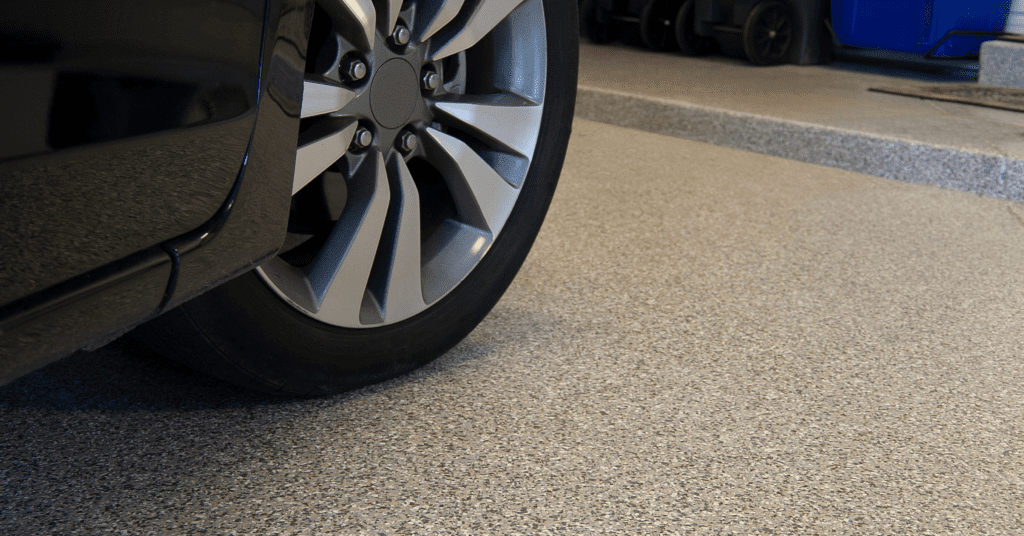
What types of surfaces are best suited for epoxy coating?
Epoxy coating is versatile and suitable for a range of surfaces, but if you’re wondering about its longevity, discover how long epoxy coating lasts to set your expectations right. It can be used on cement mortars, concrete, wood, or metal surfaces, making it suitable for a wide range of applications. However, it is important to note that epoxy floors can fade or turn yellow when exposed to direct sunlight. Furthermore, epoxy coatings can be used as an undercoat and can even be combined with paint flakes to create unique designs or mimic the appearance of granite.
Epoxy paint is well-suited for a variety of surfaces due to its excellent adhesion and durability. While epoxy paint has its unique benefits, there are various other types of interior paints to consider. Learn about the different types of interior paint to determine the best choice for your project. It works best on concrete, metal, wood, fiberglass, masonry, ceramic, and tile surfaces. Common applications include garage floors, industrial spaces, wooden decks, and fiberglass-reinforced structures. Proper surface preparation is crucial for optimal adhesion and longevity of the coating. It cannot be stressed enough how essential surface preparation is. Discover what happens when you skip painting prep and understand its significance. Selecting the right type of epoxy paint for specific applications is essential to achieving the desired results. While epoxy coating offers various applications on different surfaces, there are specific instances where its usage might not be ideal. Find out when you should not use epoxy to make an informed decision.
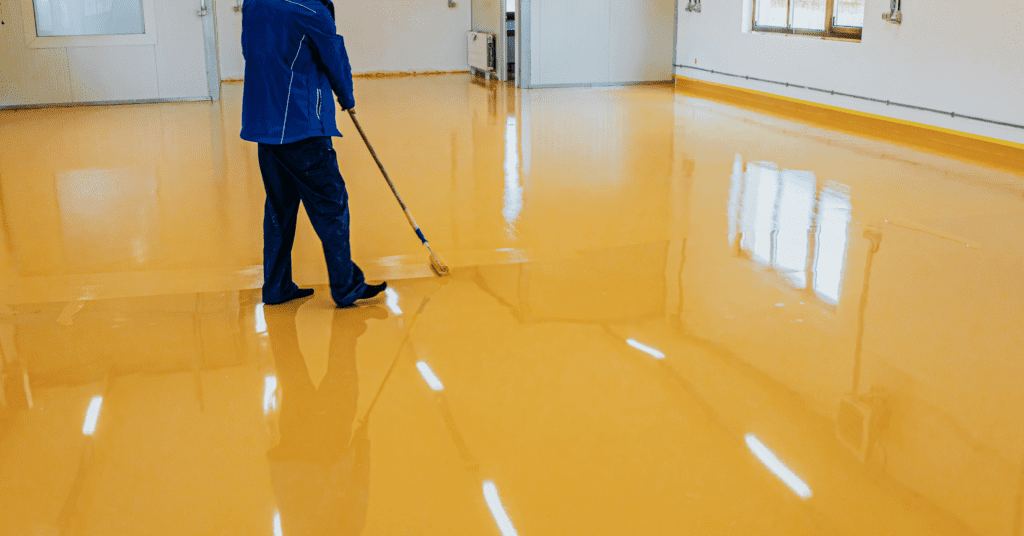
In conclusion, understanding the difference between epoxy coating and epoxy paint is crucial for homeowners who want to protect and enhance their surfaces. Epoxy coatings offer superior durability, resistance to chemicals and abrasions, and are a cost-effective long-term investment compared to epoxy paint. While epoxy coatings provide longevity, traditional paints require more frequent touch-ups. Understand how often you should paint your house and why to gauge the maintenance cycle. They are suitable for a range of surfaces and require proper preparation for optimal results. Therefore, homeowners should carefully consider their needs and surface requirements before choosing between epoxy coating and epoxy paint.
Whether you’re considering an epoxy coating or epoxy paint, it’s essential to trust the right professionals to handle the job. If you’re located in the Greater Vancouver Area, we have dedicated teams ready to serve you in various locales. From Maple Ridge painters and Langley painters to the experts in Richmond, our specialists know what your home needs. If you’re in New Westminster, West Vancouver, North Vancouver, or any of our other service areas like Port Coquitlam, Coquitlam, Port Moody, Surrey, Burnaby, and Vancouver, our painters are just a call away. Don’t compromise on quality; let our experienced painters give your surfaces the finish they deserve.
